Conservation
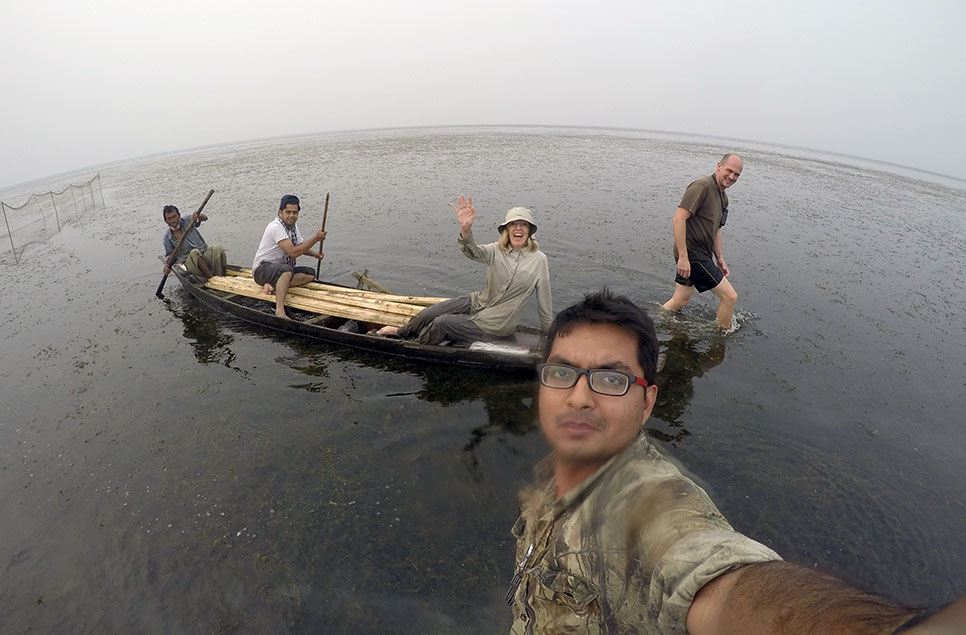
'I want to make wetlands healthier for people and wildlife' - My Wild Life with Dr Ruth Cromie
Dr Ruth Cromie shares with Waterlife how she finds hope, good health and inspiration in nature and young people, and how WWT is creating ‘nearby nature’ by putting wetlands into the landscape.
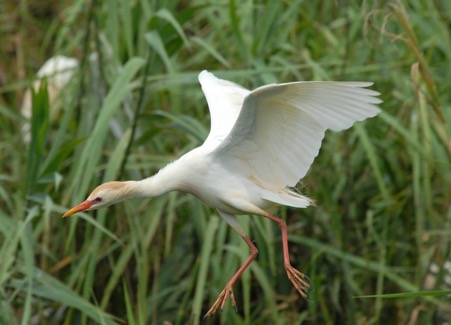
Protecting biodiversity at WWT Steart Marshes
Life thrives in wetlands and by creating and managing habitats, we can improve an area's biodiversity. One of our shining examples of how we can do this on a grand scale is the Steart Marshes, a huge salt marsh reserve created in 2014.
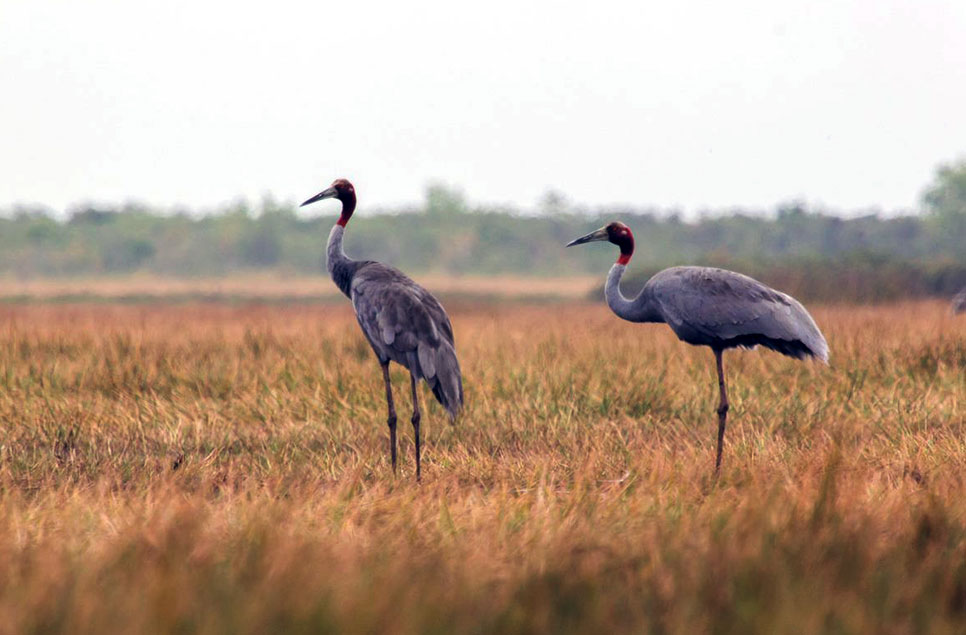
Cambodia: the kingdom of wetlands
Cambodia is one of the most wetland dependant countries in the world. More than 46% of its people live and work in wetlands and 80% of the population rely on them for food. Yet protecting wetlands in Cambodia is a complex and challenging issue.
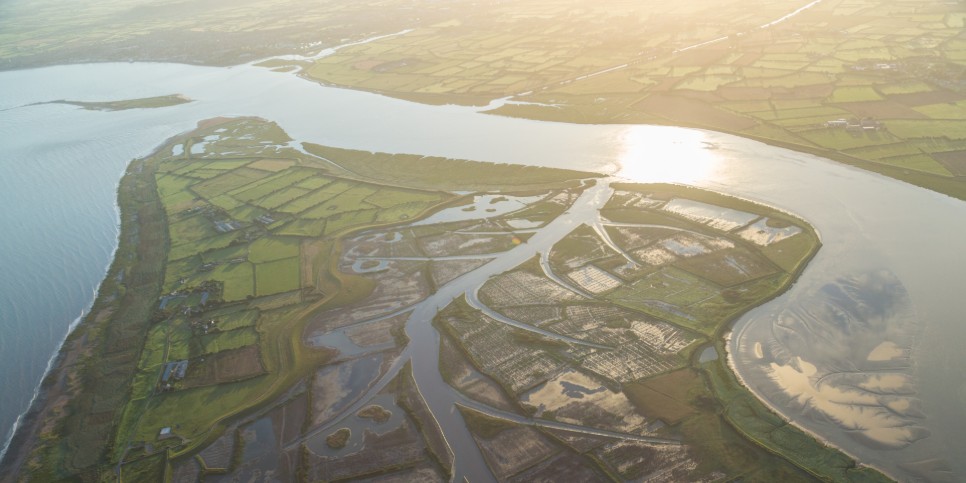
Fact file: Saltmarshes and mudflats
Saltmarshes and mudflats are tidal wetlands that are intermittently submerged with water, forming in sheltered coastal areas. They have a huge amount of biodiversity, and are valuable to humans as efficient 'carbon sinks' and flood protection.
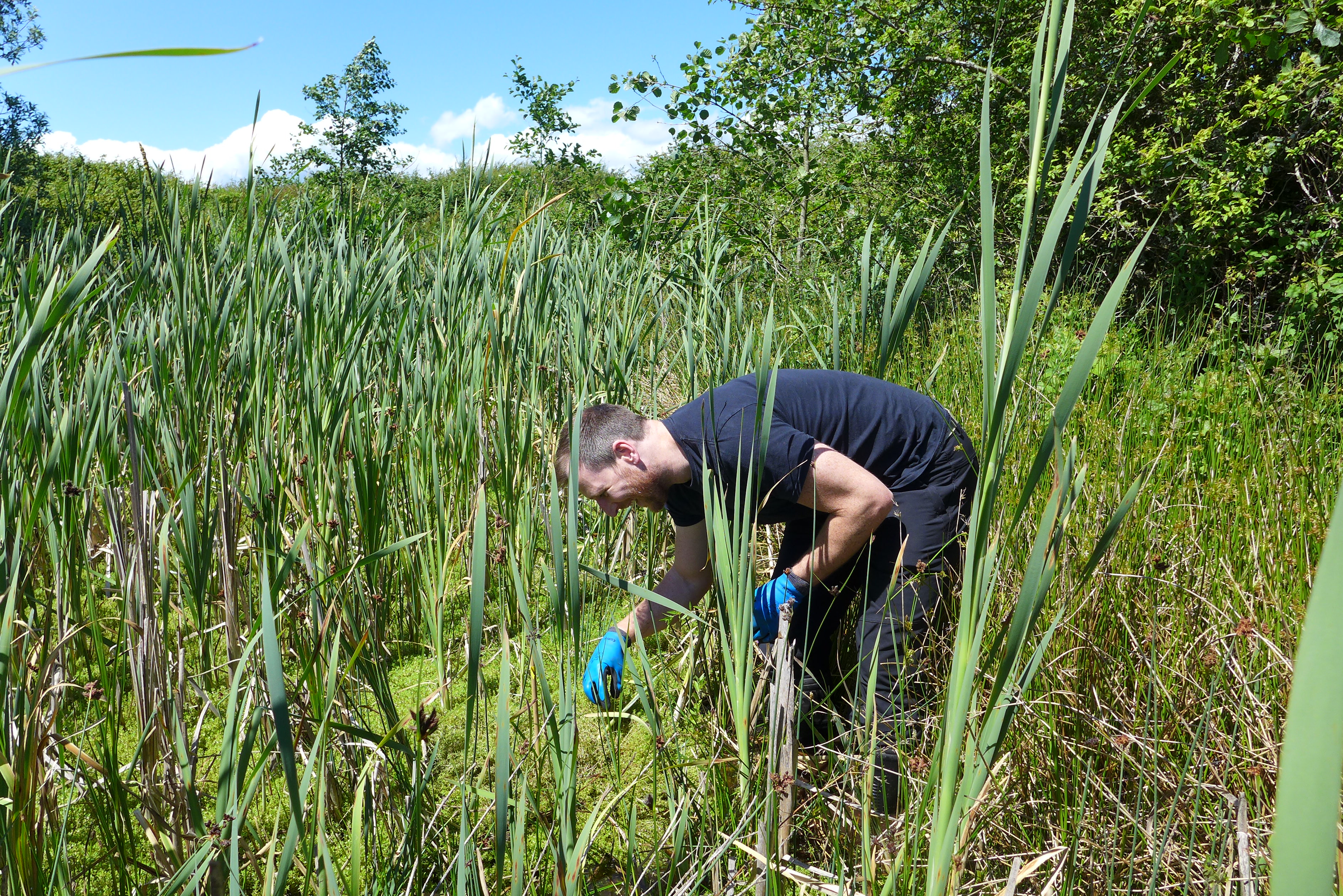
Alien Plant Meets a Mighty Foe at Llanelli Wetland Centre
In a first for Wales, a microscopic sap-sucking mite has been introduced in a bid to help control invasive Australian wetland plant Crassula that chokes up bodies of water and vastly out-competes our native plants.
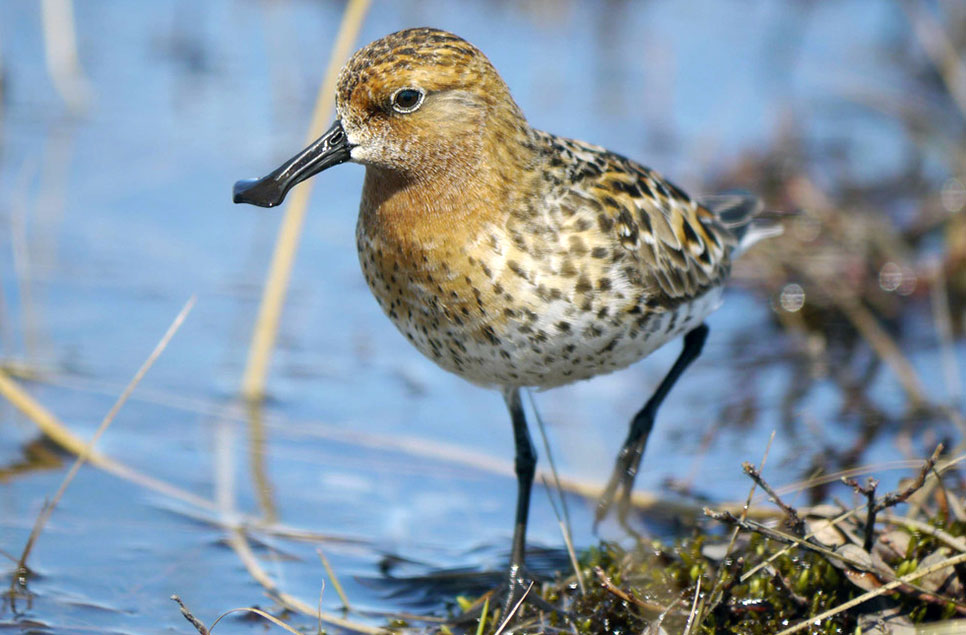
What is the IUCN Red List, and how is it used to track biodiversity loss?
The IUCN Red List is the most well-known assessment of species populations worldwide. It consists of nine threat categories. The latest assessment from the IUCN Red List in 2019 shows that more than 28,000 species are threatened with extinction.
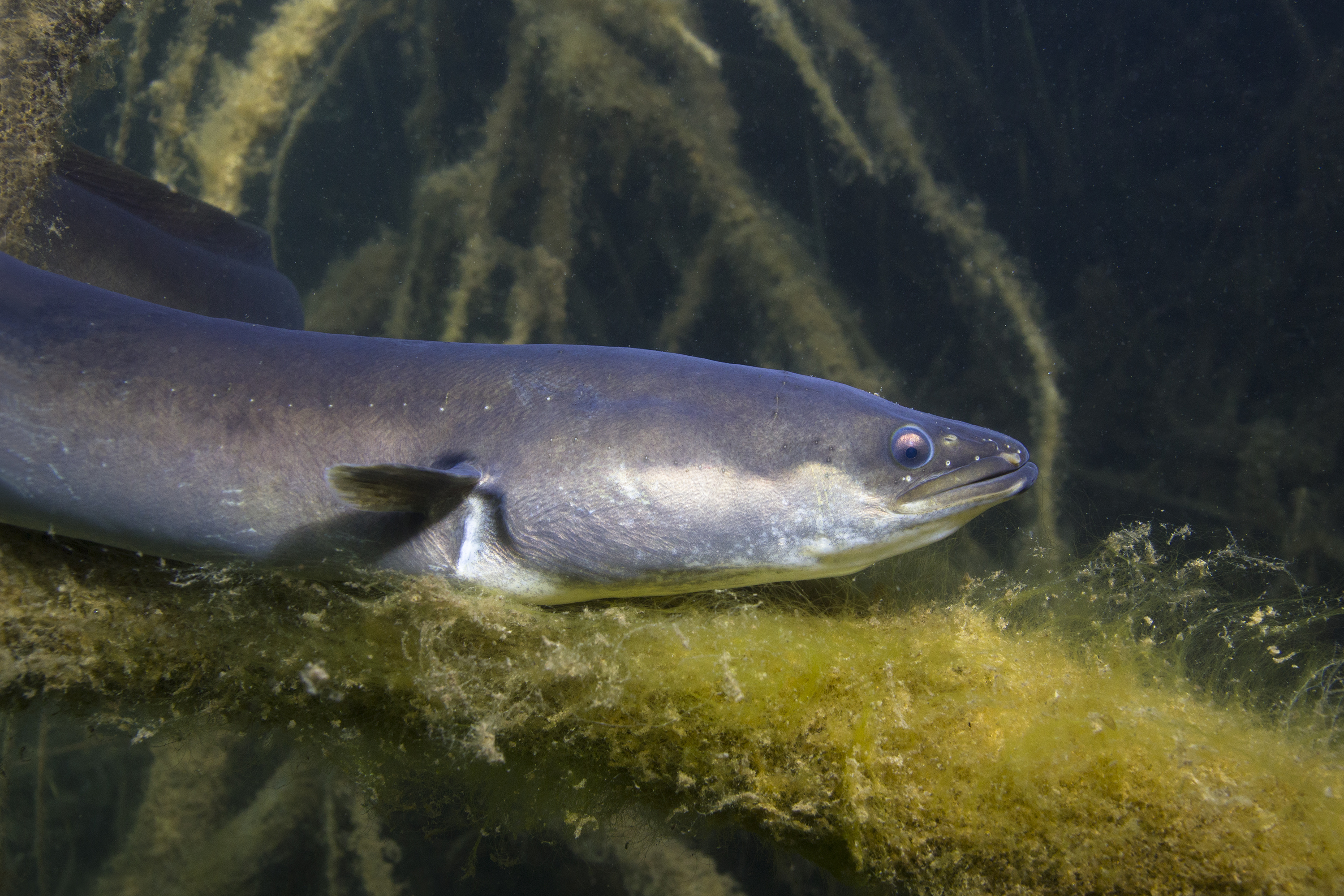
Freedom for fish in the Severn Vale after old waterways restored as part of 1.3m project
Struggling salmon, and a wide range of other fish species, will now have improved passage along the River Frome following the rewetting of an old channel at Bond’s Mill in Stonehouse, Gloucestershire.
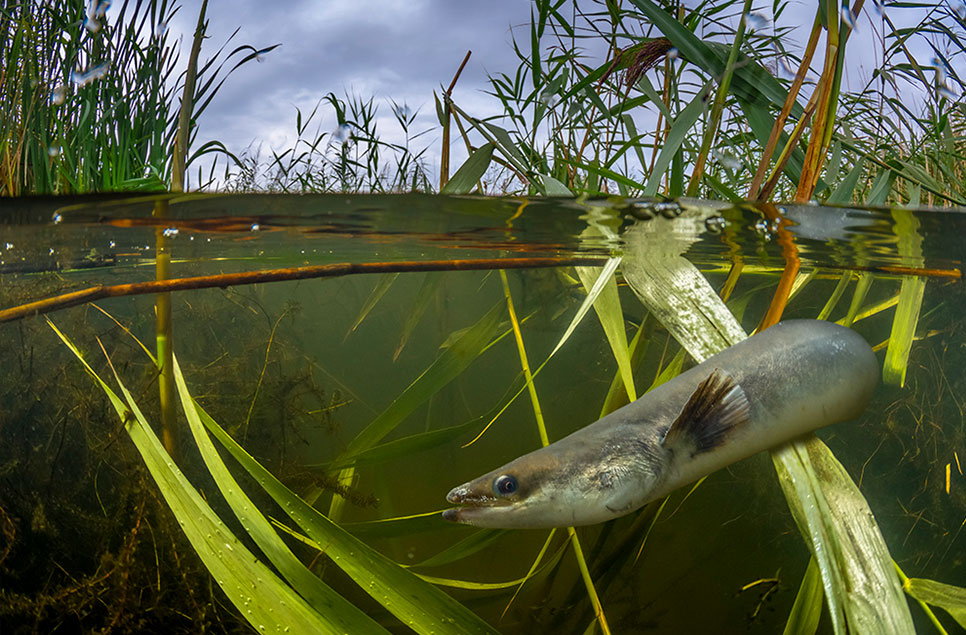
Why the once common European eel is now Critically Endangered (and what can be done about it)
Author and marine biologist Helen Scales explores the plight of the European eel, once so numerous but now critically endangered. WWT conservationists have come up with a few solutions to give eels a helping hand
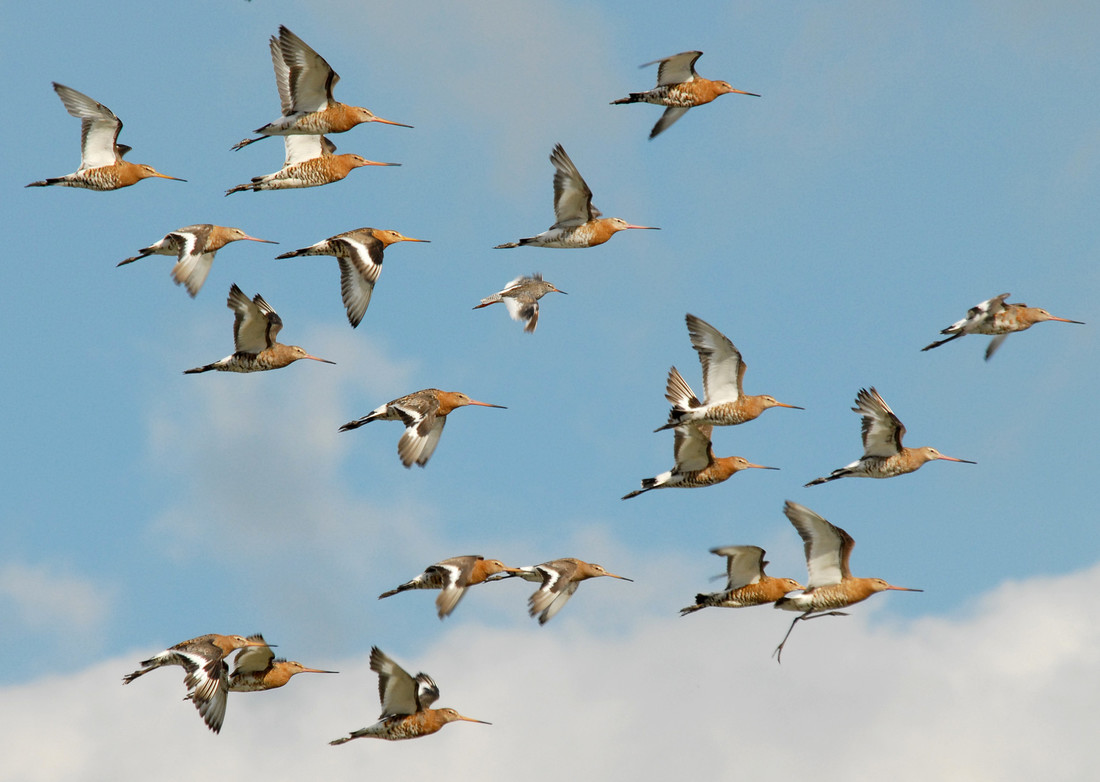
The facts about biodiversity loss: 6 key insights from the 2019 UN IPBES report
In a comprehensive and shocking global report, the IPBES have published landmark findings that show biodiversity in wetlands and other habitats around the world is in freefall. We examine what the report tells us, and what can be done.
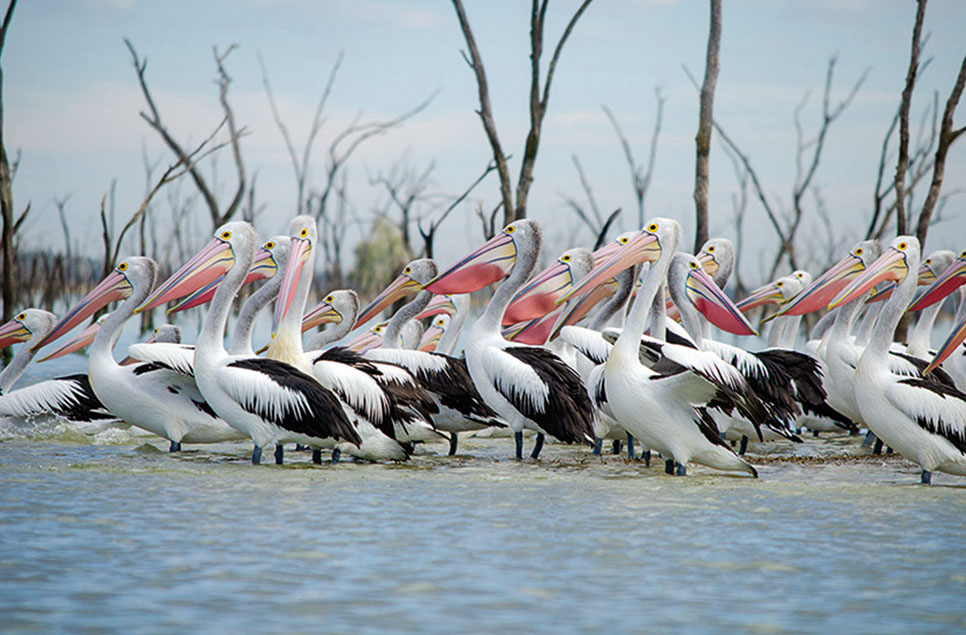
Our Planet - a wildlife series with a difference?
Biodiversity loss has long been the poor cousin of climate change. Does the launch of Our Planet, a new flagship wildlife series by Netflix, succeed in highlighting the problem?

Madagascar pochard: fact file on the world's rarest duck
Everything you need to know about the Madagascar pochard, the world's rarest duck, and how WWT have been working for over a decade to protect it and the precious wetland habitat it needs.

Countdown to an eco-friendly Christmas that won't cost the Earth
It’s the most wonderful time of the year. Here are some great ideas to make it a wonderful time for both you and wetland nature – by having a creative, fun Christmas while keeping down your water, carbon and plastic footprints. Eco-friendly gift idea

Ducks in transit
The journey between Antsohihy and Lake Sofia – to take Madagascar pochards from the breeding centre to their new home – poses many challenges.

'Intents' conditions! Camping by Lake Sofia
After a 12 hour drive – if they’re lucky – on a bumpy, dusty and muddy road - our team will arrive at Lake Sofia where they will set up camp. As they gear up for the release of the Madagascar pochard, they will share their time between the lakeside

Lake Sofia: The Communities
Madagascar is one of the poorest countries in the world. The communities that live around Lake Sofia are no different. When our conservationists discovered Lake Sofia in 2011, it was far from the perfect condition. Tens of thousands of people rely on it